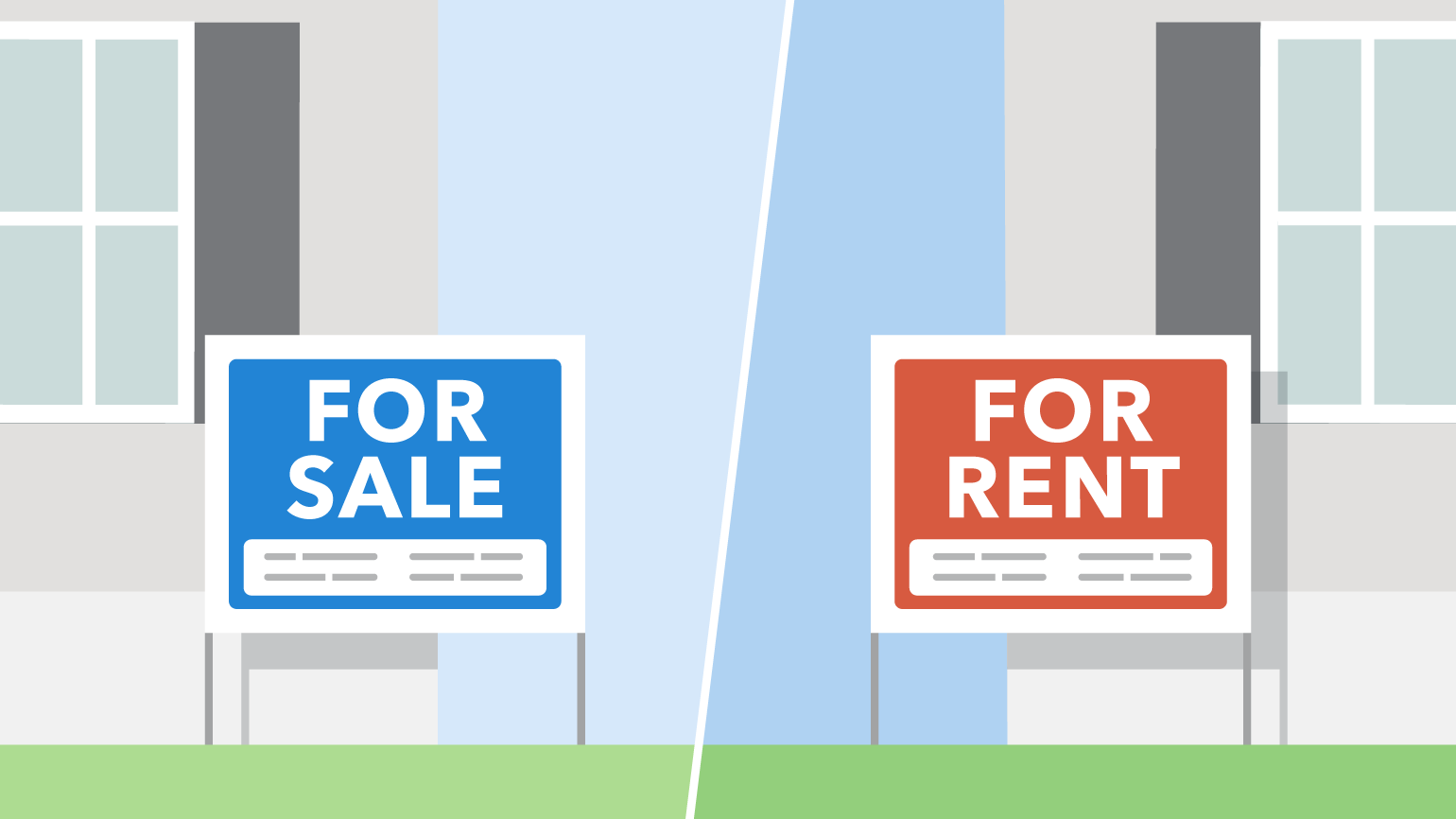
Renting vs. Buying: Making the Right Decision for You
When it comes to finding a place to call home, one of the biggest decisions anyone faces is the choice between renting and buying. This decision can have long-lasting impacts on your finances and lifestyle. So, it’s essential to weigh the pros and cons carefully before jumping into the real estate market or signing a lease. Let’s break down what you need to consider so you can determine the best path forward for your living situation.
Understanding Renting
Renting a home means you pay a landlord to live in a property. You’re typically locked into a lease agreement for a set term, like one year, but you also get flexibility. If you’re someone who moves frequently or isn’t ready for the long-term commitment of home ownership, renting can be the perfect option. It also avoids the upfront costs associated with buying, such as a down payment or closing costs.
The advantages of renting are numerous. You’re not responsible for most maintenance issues or repairs — they’re the landlord’s job. Plus, renting can often mean access to amenities like pools or fitness centers that might be cost-prohibitive if you were buying a home with similar features. Moreover, renting doesn’t tie you down financially as much as buying a house does. If your job or personal life requires you to pick up and move, you’re free to do so at the end of your lease without the worry of selling a property.
However, renting isn’t perfect. Rents can and often do go up over time, sometimes significantly. You don’t build equity as you do with a mortgage, and you have less freedom to make changes to your space. Your landlord can also decide not to renew your lease, potentially forcing you to find a new home at short notice.
The Case for Buying
On the other side, buying a home is the stuff of the “American Dream” for many. When you buy a house, it’s yours to keep, customize, and possibly benefit from as its value increases over time. Homeownership can offer a sense of permanence and stability, which is hard to price.
Financially, buying can be a smart long-term move. While it does require an upfront investment, monthly mortgage payments build your equity — the portion of the home’s value you actually own. Plus, you can often deduct mortgage interest and property taxes from your taxable income. In many places, mortgage payments can be comparable to, or even cheaper than, rent.
Still, the responsibility and costs of homeownership are significant. You’ll need to deal with repairs, maintenance, insurance, and property taxes. These costs can add up quickly and are sometimes unpredictable. It’s also important to note that, despite common belief, not all property values go up. The 2008 financial crisis was a stark reminder that real estate can be a risky investment too.
Finding What Fits Your Lifestyle
So, how do you figure out what’s right for you? Consider your lifestyle and your future plans. If you’re the kind of person who values flexibility and minimal responsibility for maintenance, renting might suit you best. If you long for a place to make entirely your own and can handle the additional responsibilities and costs, buying could be the way forward.
Also, think about where you are in life. If you’re early in your career or still exploring different places to live, renting gives you the freedom to move around without the heavy lifting involved in selling a house. On the other hand, if you’re planning to settle in one place for a good long while, buying might be more economical and satisfying in the long run.
Consider Your Finances
Your financial situation is also crucial. Buying a home is a significant commitment. You’ll need steady income, good credit, and the ability to afford not just a mortgage but all the other costs that come with home ownership. Can you handle unexpected expenses, like a leaky roof or a broken heater? If these sorts of things would be financially stressful, you may want to stick with renting for now.
Always do the math. Compare the costs of renting and buying in your desired area. There are plenty of online calculators that can help you determine which option is more financially sensible in the short and long term. Consider the down payment, taxes, insurance costs, and probable maintenance and repairs when buying. Compare that with potential rent increases and the lost opportunity cost of investing the money you would have used for a down payment.
Seek Professional Help
If you’re still unsure, don’t hesitate to bring in the pros. Financial advisors, mortgage brokers, and real estate agents can provide personalized advice based on your circumstances and the housing market in your area. They can help you understand the hidden costs and the finer points of mortgage rates or rental agreements.
Conclusion: Renting vs. Buying
There’s no one-size-fits-all answer to whether it’s better to rent or buy. Both paths have unique advantages and considerations. Take a close look at your lifestyle preferences, financial position, and long-term goals when making your decision. If you take the time to carefully consider your options, you’ll be more likely to make the choice that’s right for you. Remember, whether you’re signing a lease or a mortgage, you’re taking an important step toward your future home, sweet home.
Whatever you choose, make sure it feels right. After all, home is where the heart is, and being comfortable in your living situation is one of the most important things in life. So weigh your options, do your homework, and get ready to make the move that suits you best. Happy house hunting — or apartment searching!